The planting of pepper is one of the most lucrative farming activities any farmer may dabble into, but it is one of the least practiced farming in Nigeria. One of the major incomes of Nigeria and Africa at large solely rely on agriculture and crude oil and some gold.
Nigerian farmers have been producing pepper in a commercial way which always leads to not meeting the daily requirement of pepper consumption in the whole country. A farmer who is thinking and planning on pepper production in large quantities is not missing his shot because the demand for pepper is always.
To start a successful pepper farm in Nigeria, all you need is a good farm site, quality soil, access to water or irrigation, planting quality specie of pepper, monitoring against pests and diseases, and finally you need funds, to begin with.
How To Start Cultivating Pepper In Nigeria Step By Step Guide

To start pepper farming in Nigeria, all you need to do is to follow the step below;
Step 1: Buy farmland and start land preparation
First thing is to buy the farmland you want to start or if you don’t already own farmland, you can lease it to save money. Pepper growing benefits enormously from greenhouse technology, but certain combinations of these approaches can produce results that are comparable to those of this technology.
Read Also: How To Start Beans Farming In Nigeria [Beginners Guide Pdf]
Clear the farmland
You can start preparing your farmland by removing grasses and tall trees from the farmland, ensuring you set the cleared bush on fire, and adequately removing any impediment you may be faced with on the farm.
Start preparing beds or ridges for transplanting
If you are a new farmer, you may not understand what is meant by the bed for your seedlings, the bed simply means, raising soil in form of a heap, but most time in form of a bed shape.
Read Also: [Beginners Guide] How to Plant Onions in Dry Season in Nigeria
This can be used to nurse seed to seedling, and it can be used to grow the seedling. After you are done making the bed, you will need ridges in your farmland which is the final destination you are going to plant the pepper seed.
If you need more clarification on this, you can drop a comment via the comment section.
Read Also: How To Start Cucumber Farming In Nigeria [ Beginners Guide Pdf]
Step 2: Buy quality pepper seed or seedling
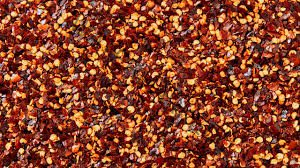
One important thing any farmer considers in courses of their farming duties is to pay attention to the type and specie of the seed they wanted to plant.
The same thing is applicable to pepper cultivation, you will need to select and buy the right specie of pepper in the agro store that sells quality agro-products closer to you.
Read Also: How To Grow Onions Anywhere In Nigeria [Beginners Guide]
If you need the location or address of any store in Nigeria where you can get quality pepper seedlings or any seedling at all, you may drop a comment in the comment section, we will recommend one for you.
Ata ijosi, Habanero, Sweet Pepper, and Cayenne are Nigeria’s most popular peppers, although there are a lot more to choose from (Shombo). As a result of its distinct flavor and culinary utility, sweet pepper commands the highest price of the four.
Read Also: [Beginners Guide] How To Grow Vanilla In Nigeria
In addition, it is not peppery, which most Easterners and a large number of people in Nigeria prefer. In terms of usage, the most common is atarodo (habanero). However, each of these variations has a specific purpose in the kitchen, and all of them are required.
Seed selection is determined by the local climate and the area’s prevalence of disease and pests. Hybrid Pepper Seed is the most reliable seed because of its great output and disease resistance.
The pepper crop can be harvested from an area of an acre with the use of high-quality seed and sound agricultural procedures.
Read Also: How To Start Sugarcane Farming In Nigeria [Step By Step Guide]
Step 3: Grow The Seed In The Nursery
In case you get pepper seed in place of the seedling, then it is advisable to start nursery right away. Then how do you start nursing your pepper seed? Take roughly 100cm × 100cm with an inter-row spacing of 70cm from a large amount of lush farmland.
Spray the nursery with a pesticide to eliminate any pests, weeds, or diseases that could harm the plant later on. If you want to reduce evaporation, water the soil and cover it with netting or palm fronds. Before disseminating the seed on the bed, wait for 8 to 10 days.
Read Also: [Beginners Guide] How To Grow Spinach In Nigeria
To make the soil more pliable before seeding, soak the bed in water for at least a few hours. After twenty days of seed dissemination, thin the seedlings to 4 x 4cm apart. Some sort of shade should be provided for roughly 45 days to protect the crops against excessive heat from the sun, as well as a severe downpour.
Remove the shade when this period of time has elapsed. Avoid over-watering the seedlings during the cooler periods of the day.
Step 4: Start Transplanting

The next thing after you are done nursing your pepper seed is to start transplanting them to the bed you have prepared for them in step 1.
On the day before you want to transplant, water the seedlings to keep them alive and to make it easier to remove them from the seedbed. Before transplanting the seedlings, make sure they have hardened. The seedlings can keep 50–60 cm between rows on farmland.
Read Also: How To Start Vegetables Farming In Nigeria 2022 [Beginners Guide]
Step 5: Carry out weeding and pest control measures
You will want to get quality yield in your farmland after planting so it is advisable to apply fungicides and pesticides to the farms and nursery at regular intervals in order to keep disease and pests at bay and maximize productivity.
Before harvest, weeding can be completed three times.
Step 6: Start fertilizer application
Also, to maximize your productivity and yield, you will need to add fertilizer. 2 weeks after transplanting, apply fertilizer; NPK. The second time it should be used is in the early stages of bloom development.
Step 7: Start Harvesting
Growing peppers has the advantage of being able to produce numerous crops at once, which is great news for consumers. Variety determines how long it takes for peppers to develop, but harvesting might take up to three months. Chilies can live and produce fruit for up to two to three years. Because of this, it has a high rate of return. This might be your treasure.
Challenges Of Pepper Farming
Cost Of Start Pepper Farm In Nigeria
The cost of starting a pepper farm in Nigeria depends on the type of pepper farm and the size of the farm. For example, establishing a small–scale pepper farm with a few hectares of land could cost around ₦200,000, while a large–scale pepper farm could cost up to ₦10 million.
The cost of setting up a pepper farm includes the cost of purchasing the land, construction costs, including barns and other structures, equipment, labor, supplies, and other miscellaneous expenses. For example, the cost of purchasing land for the pepper farm could range from ₦500,000 to ₦2 million, depending on the size of the land and its location.
Construction costs could range from ₦2 million to ₦3 million, depending on the size of the farm and the type of structures and equipment needed. Labor costs could also range from ₦100,000 to ₦1 million, while supplies and other miscellaneous expenses could range from ₦50,000 to ₦500,000.
Also to the cost of setting up the pepper farm, there are also ongoing costs associated with running the farm, such as labor costs, fertilizer, pesticides, irrigation, and other costs associated with the management of the farm.
Some pest and diseases of Pepper Farm In Nigeria
Pests and Diseases of Pepper Farm in Nigeria:
1. Aphids:
Aphids are small, soft-bodied insects that feed on the sap of the pepper plants and can cause stunted growth and poor yields.
2. Whiteflies:
These small, white flying insects feed on the underside of pepper leaves, causing yellowing and wilting.
3. Spider Mites:
These tiny arachnids feed on the underside of pepper leaves and cause yellowing and wilting.
4. Bacterial Wilt:
This disease is caused by the bacterium Erwinia carotovora and causes wilting and death of pepper plants.
5. Fusarium Wilt:
This fungal disease is caused by the fungus Fusarium oxysporum and causes wilting and death of pepper plants.
6. Alternaria Leaf Spot:
This fungal disease is caused by the fungus Alternaria solani and causes circular spots on the leaves.
7. Root Rot:
This fungal disease is caused by a number of fungi and causes the roots to rot, leading to stunted growth and poor yields.
8. Powdery Mildew:
This fungal disease is caused by the fungus Oidium spp. and causes a powdery, white coating on the leaves.
Projected Profits On Pepper Farm In Nigeria
Projected profits from a pepper farm in Nigeria can depend on a variety of factors, including the size of the land, the type of pepper grown, the climate, the availability of labor, and the cost of inputs.
Generally, larger land sizes will result in higher yields and, consequently, larger profits. The type of pepper grown can also have a significant effect on profits, as some types of peppers may be more in demand than others.
The climate in Nigeria can also have an impact on profits, as certain climates may favor certain types of peppers over others. Additionally, the availability of labor can affect profits, as the cost of labor can have a significant impact on operating costs. Finally, the cost of inputs, such as seeds, fertilizer, and other supplies, can also affect the profitability of the pepper farm.
In short, the projected profits from a pepper farm in Nigeria can vary greatly depending on the size of the land, the type of pepper grown, the climate, the availability of labor, and the cost of inputs. With careful planning and research, however, it is possible to maximize profits from pepper farming in Nigeria.
How Long Does Pepper Take To Grow In Nigeria?
It takes approximately 130 days for pepper to start fruiting and is due for harvesting.
How Many Months Does It Take Pepper To Mature?
Usually, it takes about 3 months or 5 months for pepper to get to the maturity stage.
Where Is Pepper Planted In Nigeria?
The Southwestern part of the country practiced large-scale farming of pepper in Nigeria.
Is Pepper Farming Profitable In Nigeria?
Yes, pepper farming is profitable in Nigeria.
Conclusion
Pepper farming is a lucrative business you can venture into as a farmer, it is not time-consuming, it is rather easier to start and very easy to monitor.
For a quick recap, to start planting pepper in Nigeria you need a good farm site, quality soil, access to water or irrigation, planting quality specie of pepper, monitoring against pests and diseases, and finally, you need funds,s to begin with. Here is a pdf guide to pepper farming in Nigeria
If there are questions or information you want clarification on, you can drop a comment down below.
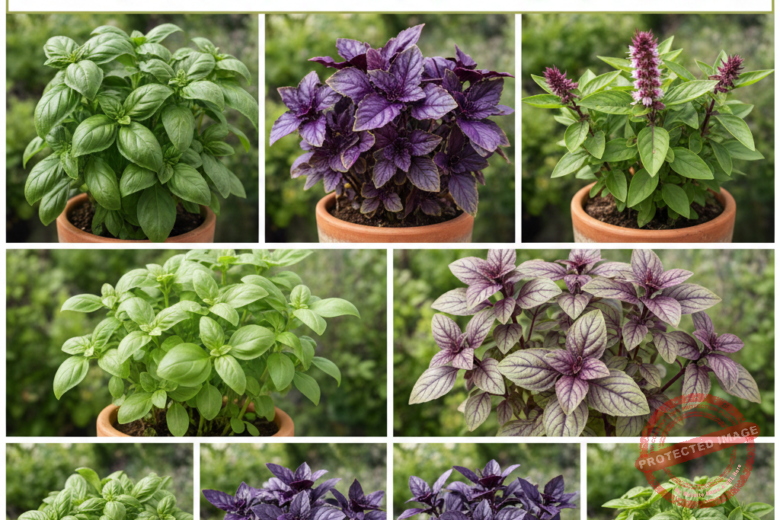
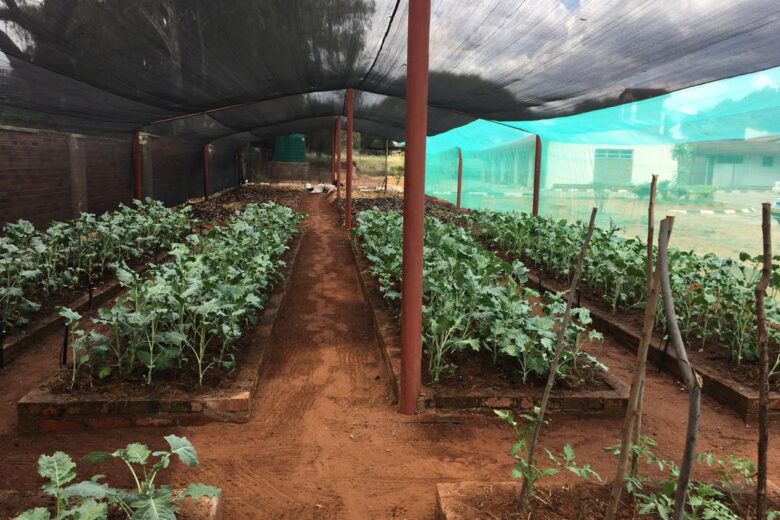
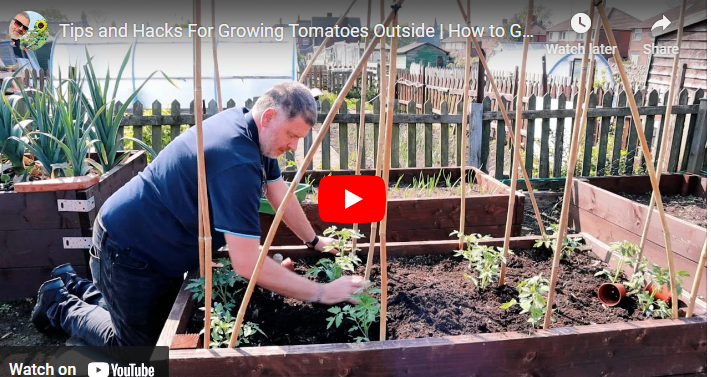
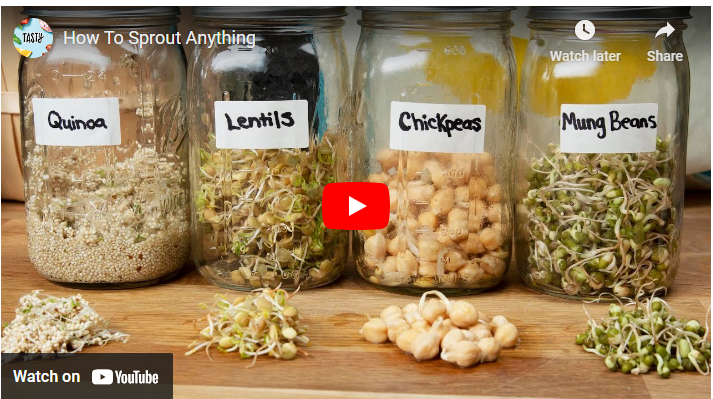
Thank you for this
Please where can I get quality pepper seeds… I am new into this.
How are you Temidire, thanks for reading.
Where are you in Nigeria, I can help you buy the seed and waybill to your location.
Contact me on Whatsapp via this +2348131116906
Where can I buy viable pepper seeds and other agric seeds in Akwaibom?
Thanks.
Anana thank you for your message, here are some agro stores in Akwa Ibom.
MyAgricStore
2 Nkemba St, 100211, Uyo, Akwa Ibom
0809 780 6935
iBest Agro Resources Limited
117 Nwaniba Rd, 520231, Uyo, Akwa Ibom
0916 410 1356
Derb Agro Store
Eyoabasi Junction, Ebughu, Road, 523101, Oron, Akwa Ibom
0705 122 8143
Do let me know if these locations help your purpose.
And you can follow us on Facebook by searching for agrolearner.com on Facebook and liking the page.
Thanks once again
Please when is best time of planting pepper?
Pepper can be planted both during dry and raining season, depends on your budget and the scale you want to engage in. But preferably it is better to start clearing your Farmland from February and start nursing February. You may transplant by April
Where can I buy viable pepper seeds and other agric seeds in Akwaibom?
Thanks.
Anana thank you for your message, here are some agro stores in Akwa Ibom.
MyAgricStore
2 Nkemba St, 100211, Uyo, Akwa Ibom
0809 780 6935
iBest Agro Resources Limited
117 Nwaniba Rd, 520231, Uyo, Akwa Ibom
0916 410 1356
Derb Agro Store
Eyoabasi Junction, Ebughu, Road, 523101, Oron, Akwa Ibom
0705 122 8143
Do let me know if these locations help your purpose.
And you can follow us on Facebook by searching for agrolearner.com on Facebook and liking the page.
Thanks once again
Can’t some one plant pepper seeds directly in the farm than doing nursery?
Yes you can, but it’s best practices to first nurse, before transplanting, this help incubate and help regulate sun, water and other things that needed to be regulated before mass planting directly on the farm land. Doing so, Many of the seed may not survive the harsh condition they’re exposed to.